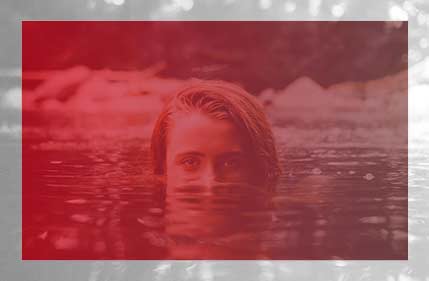EVENT “CLIMATE CHANGE AND BIODIVERSITY: WHAT DOES TELEVISION SHOW – WHAT DO VIEWERS WANT?”
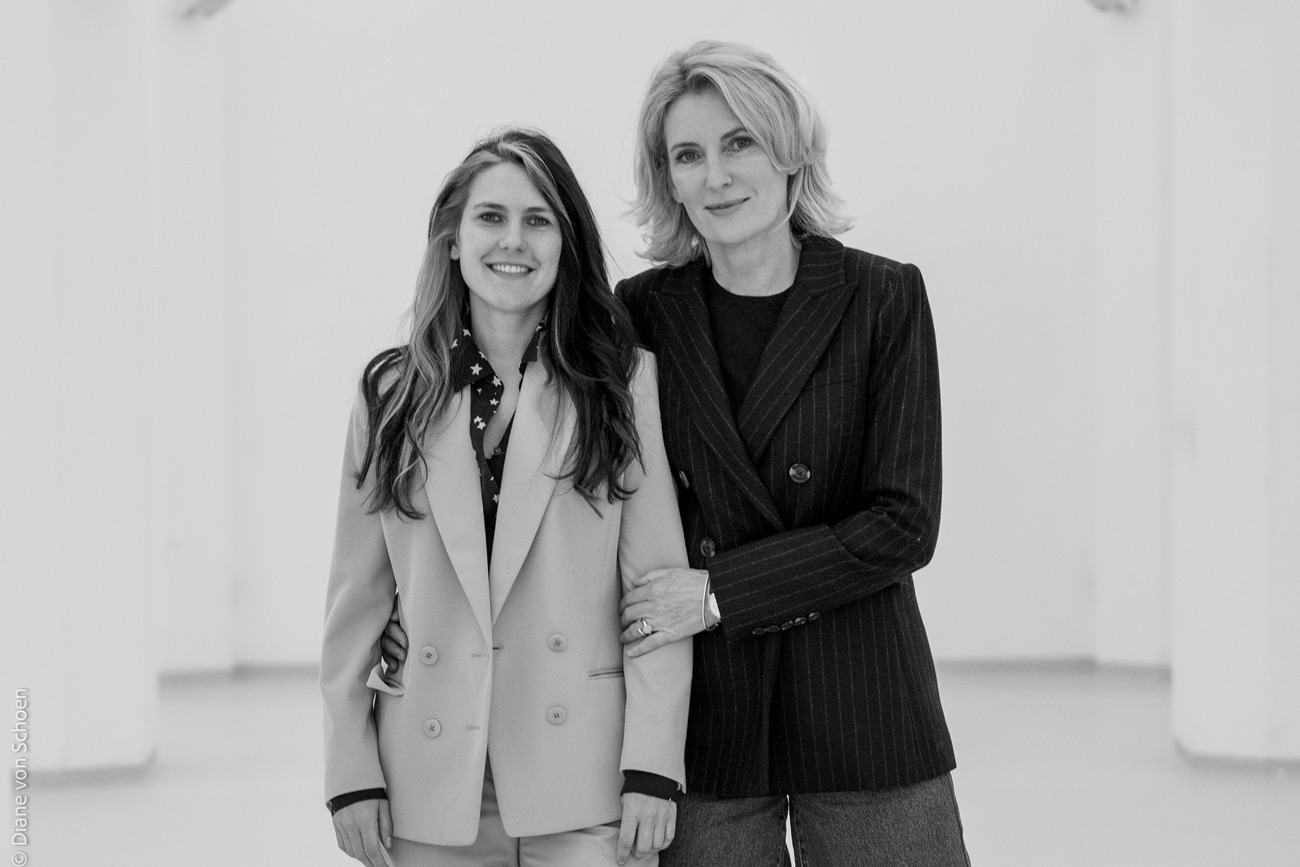
On October 24th, the results of the study, “What does television show – What do viewers want?”, initiated by the MaLisa Foundation and the four major TV broadcasting groups, were presented and discussed in Munich.
Prof. Dr. Irene Neverla, FU Berlin, and Prof. Dr. Imke Hoppe, LMU Munich, presented the study, which they led in cooperation with the Fraunhofer IDMT. The audience included media representatives, stakeholders, climate communicators, experts, film and television professionals, and representatives from universities and educational institutions. The results of the study and possible courses of action were discussed by ARD Chairperson Kai Gniffke, Dr. Florian Kumb, Head of Program Planning at ZDF, Henrik Pabst, Managing Director of the Seven.One Entertainment Group, and Mirijam Trunk, Chief Crossmedia Officer and Chief Sustainability & Diversity Officer at RTL, as well as editorial managers from various programming departments at the respective broadcasters.
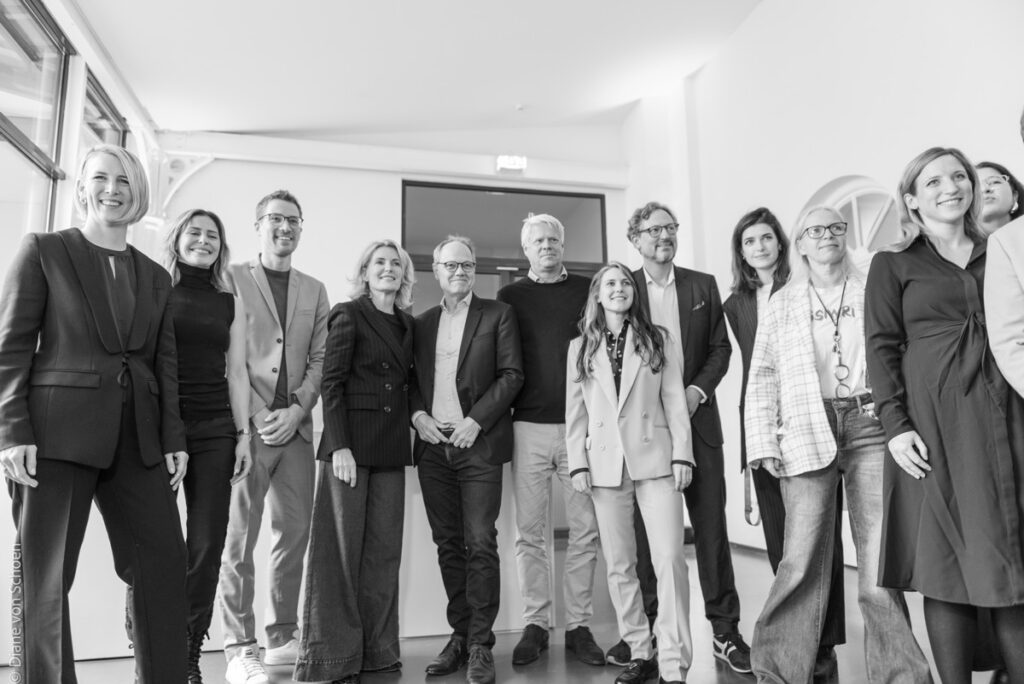
Mirijam Trunk: “We need to find even more creative ways to talk about climate and biodiversity. It’s our responsibility as program managers to tell stories that resonate with the audience.”
Henrik Pabst: “A very good study at the right time.”
Florian Kumb: “The results reinforce our path in choosing constructive approaches, in showing content that is about solutions that have been developed.”
Kai Gniffke: “I am grateful for this study because it shows that people want to address climate change and biodiversity.”
In her keynote speech, transformation researcher Prof. Dr. Maja Göpel emphasized the urgency of the climate and biodiversity crisis and the potential that lies in exchange and storytelling: “How do we talk about values, how do we talk about what we want to preserve, in times when many things are disappearing?”
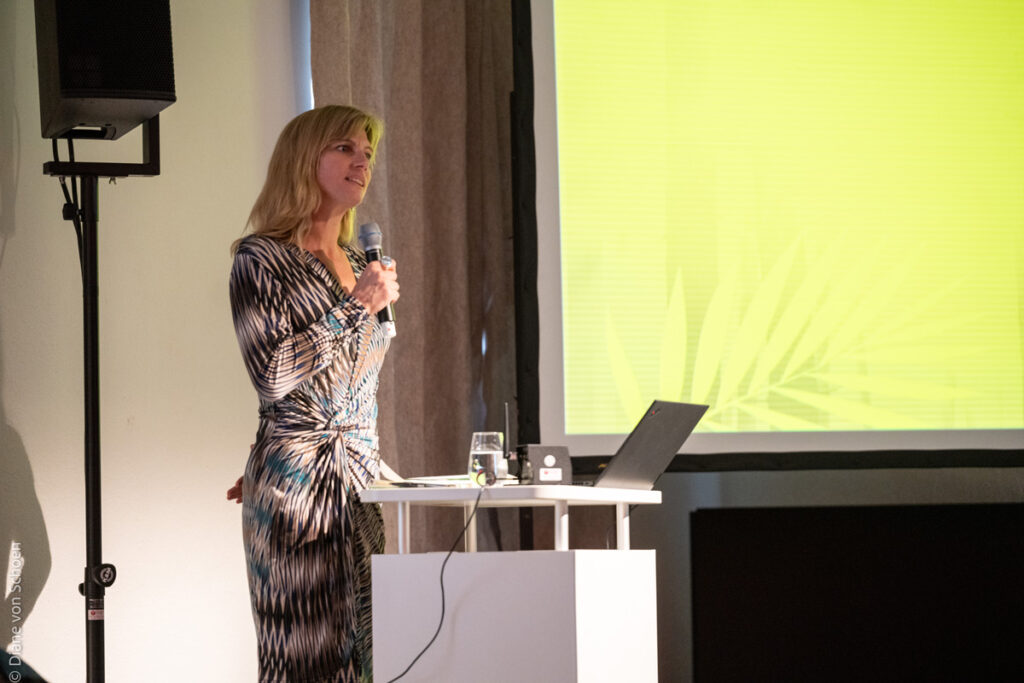
Biologist Dr. Frauke Fischer provided insights into the second crisis subject, biodiversity, which is often neglected. “Climate change is about the question of how we will live in the future; the loss of biodiversity is about whether we will live at all in the future.”
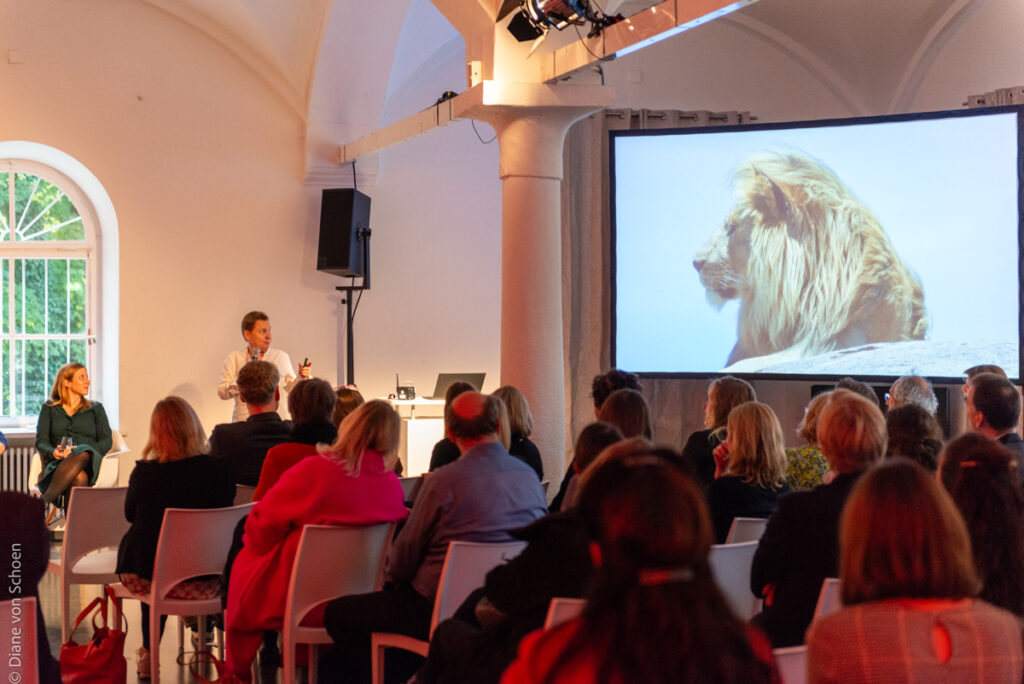
Experts and guests from the film and television industry offered ideas concerning their respective formats and fields of activity, including Eckart von Hirschhausen, Samira El Ouassil, Annette Hess, Lars Jessen, Marie Nasemann, Florian David Fitz, and many more. Yasmine M’Barek (DIE ZEIT) and Maik Meuser (RTL) moderated the event.
The following day, Maria Furtwängler discussed the results of the study with Joko Winterscheid and Eva Schulz at the Munich Media Days. The title of the panel, “How the images of today can change the reality of tomorrow”, appealed to media professionals to be even more courageous in transmitting new narratives and possible solutions on television.
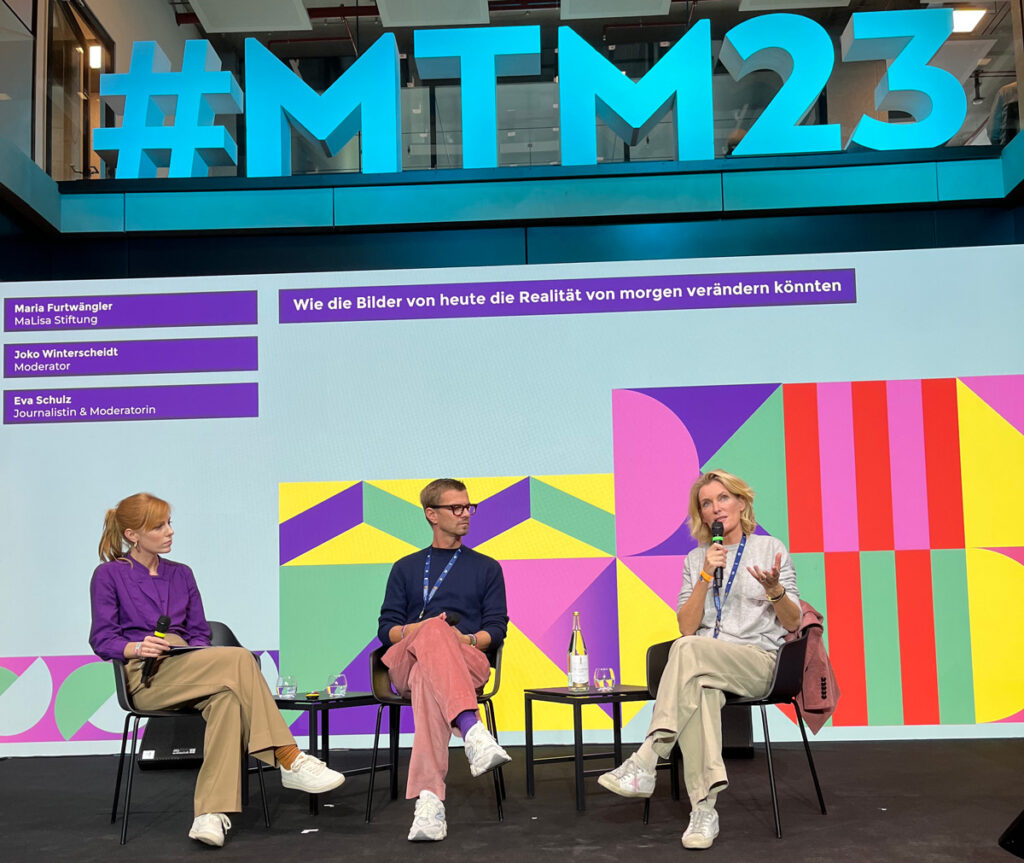
Click here to watch the discussion “Wie die Bilder von heute die Realität von morgen verändern” (ca. 30 min, in German) and here for an interview (ca. 7 min, in German) with Eva Schulz and Maria Furtwängler conducted at the Media Days.
